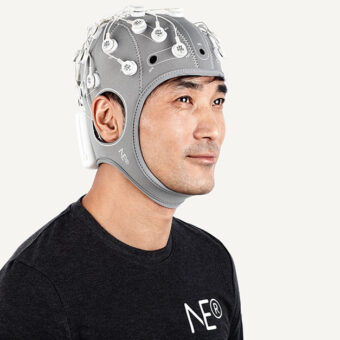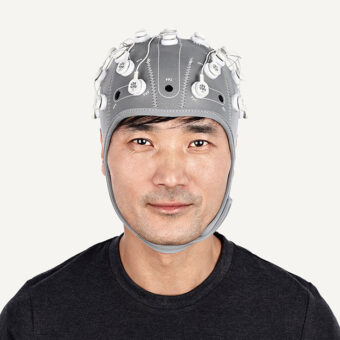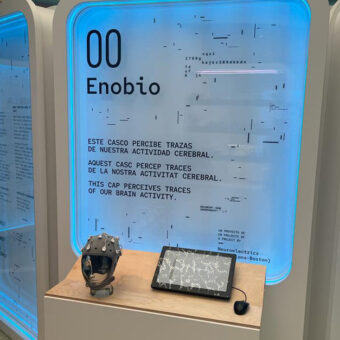What is real? How do you define ‘real’? If you’re talking about what you can feel, what you can smell, what you can taste and see, then ‘real’ is simply electrical signals interpreted by your brain. Morpheus, The Matrix, 1999
The technological singularity or the singularity in its short form is a term that has been very used extensively in the last few years. In this post I would like to explain this futuristic, controversial and paradigm-changing idea, and some of its implications. I’ll also illustrate the connection between neuroscience and singularity two concepts that are closer related than you’d think.
The shortest definition of the singularity I could come up with is the following:
The (technological) singularity is the moment when artificial intelligence will overpass the computational power of the human brain.
The term technological singularity was coined by Vernor Vince in 1993. The same way modern physics cannot predict what happens at the space-time singularity beyond the event horizon of a dark hole, Vince argues we cannot foresee what will happen after the technological singularity is reached.
The proponents of the singularity argue that we have seen a continuous exponential grow of the computational power of our machines. This was observed by Moore and provided the foundation of his famous law back in 1965. Since then this trend has continued with clock-work precision until the present. If this trend is to be continued, the singularity will be reached sometime before 2030.
What will happen after that? Well, this is hard to tell as explained before, but prominent singularity advocates, such as Ray Kurzweil, have quite interesting claims:
- After the singularity, an unprecedented artificial intelligence (AI) explosion will occur. This new AI will be able to build even more powerful AI. Moore’s law will not apply anymore.
- The current clear frontier between machines and humans will have become considerably hazy by that time.
- With the use of nanotechnology (i.e. nanobots), we will be able to manipulate human brains in such a way that we will be able to create fully immersive virtual reality from within our brains. These nanobots would be able to shut off the normal sensory signals from outside your brain and generate the same signals your brain would receive in another “virtual” world.
- With the use of nanobots, we will be able to “upload” the entire personality, memory, skills and history of a human being into a machine. In other words, humans will become “immortal”.
- The evolution of the human race will be very much affected by the singularity. The slow evolution of humans will be largely sped-up by the increasingly fast evolution of non-biological intelligence… that was created by biological intelligence. Some people claim this is the natural path of our evolutionary destiny.
I think points 3 and 4 above prove how much the singularity and neuroscience are related. Being able to make such precise nanobots requires a full understanding of neuronal functions and plasticity down to the molecular level.
Of course, the singularity has many critics and not everybody agrees with the timeline proposed by pro-singularity advocates. Many of them don’t even think about reaching the singularity at all. A common argument is that machines will never be able to reach human intelligence levels. Actually the key question here I think is about the definition of intelligence. Computers might some day have more CPU than brains, but that doesn’t mean the software controlling those computers would be more efficient than our brains.
Also, from a neurobiological point of view, we are still far from fully understanding our brain. And a lot of understanding would be needed to inject an army of nanobots into a brain and have them “take control” of it.
Some also claim that our knowledge in neuroscience is growing linearly and not exponentially as technology is. It is true that as time passes we have more and more data about the brain but that doesn’t mean that our biological insight is increasing at the same rate.
Finally there are also the lessons we have learned from the movies. AI is cool, but when it takes conscience on its own (such as Skynet in Terminator or such as The Matrix) and decides that humans are to be destroyed or enslaved, then AI isn’t so cool anymore.
Are you ready for the singularity? 🙂
For further reading on this interesting subject:
–The singularity is near by Ray Kurtweil. All you need to know about the singularity.
–Down and Out in the Magic Kingdom by Cory Doctorow. A sci-fi comedy set in a future where the two main problems of humanity are solved: resources and mortality.
Thanks for reading and see you next time!
Courtesy of Ray Kurzweil and Kurzweil Technologies, Inc.





